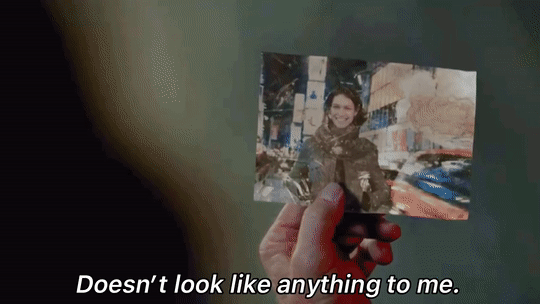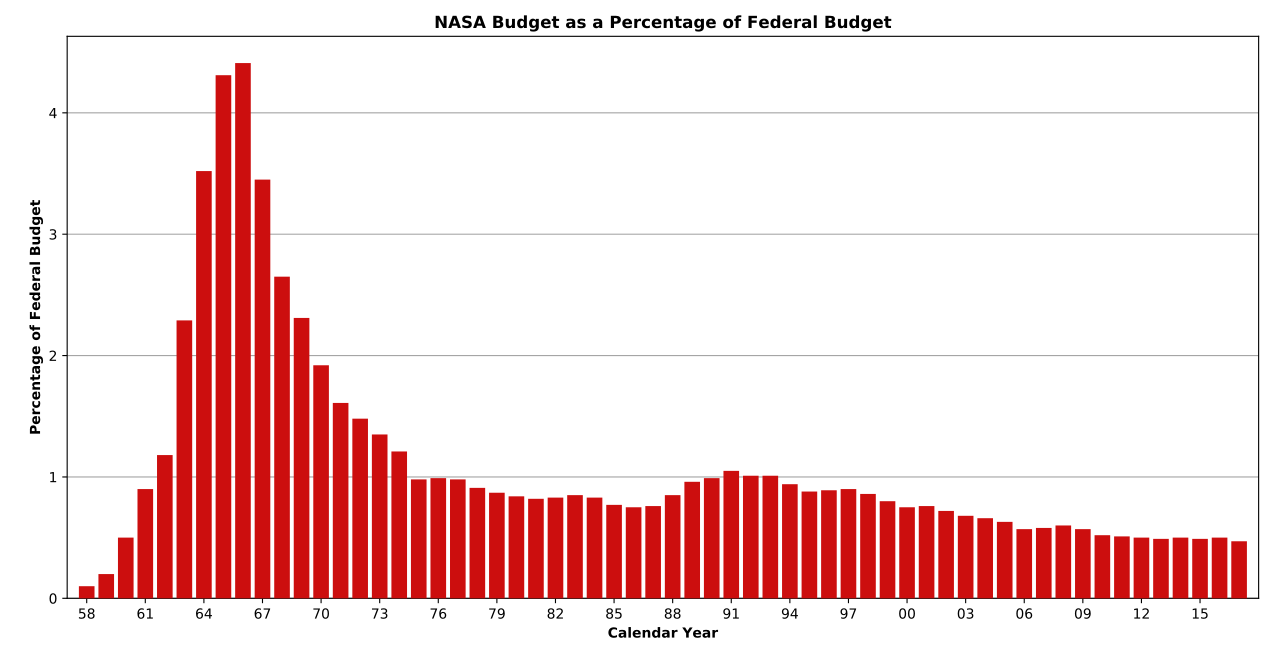

https://www.nature.com/articles/s41598-019-47540-7
Don’t miss this bit:
The bounds are subject to important limitations. Most importantly, they only apply to extinction risks that have either remained constant or declined over human history. Our 200 kyr track record of survival cannot rule out much higher extinction probabilities from modern sources such as nuclear weapons or anthropogenic climate change.











Look, I know it’s not something anyone wants to confront, but I’m not sending it out of malice, or to attack you. There’s no need to be condescending.
I simply want to be realistic about the world we live in. From my point of view it is better to be concerned about the possibility of human extinction and act as though it is a potential outcome, rather than to pretend as though our species has wholly conquered the laws of nature and is indestructible.